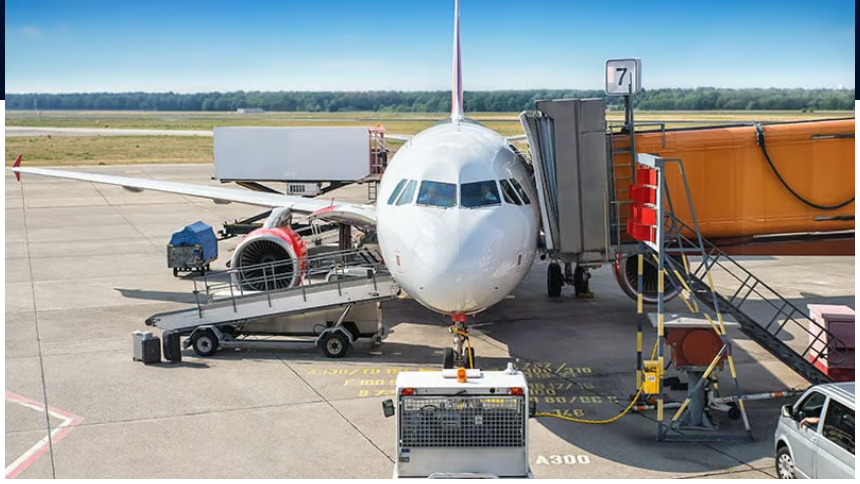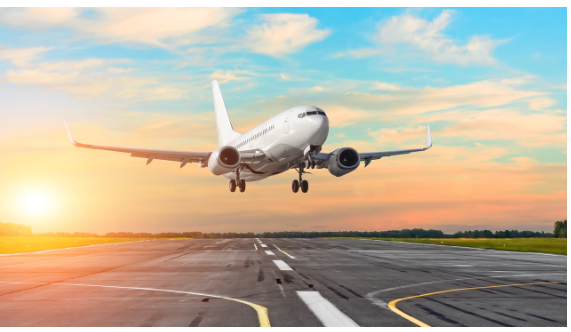 The aviation and travel sectors continue to experience a steady recovery after the challenges posed by the COVID-19 pandemic and the subsequent economic impacts. According to the International Air Transport Association (IATA), global passenger traffic has reached 92% of pre-pandemic levels, signaling a robust resurgence in demand for air travel, driven by increased international tourism and business travel. The rise of revenge travel a term used to describe travelers making up for missed trips during the pandemic is still in full swing, with many opting for long-haul flights to destinations in Europe, Asia, and Africa.
The aviation and travel sectors continue to experience a steady recovery after the challenges posed by the COVID-19 pandemic and the subsequent economic impacts. According to the International Air Transport Association (IATA), global passenger traffic has reached 92% of pre-pandemic levels, signaling a robust resurgence in demand for air travel, driven by increased international tourism and business travel. The rise of revenge travel a term used to describe travelers making up for missed trips during the pandemic is still in full swing, with many opting for long-haul flights to destinations in Europe, Asia, and Africa.
In Africa the aviation industry is undergoing an expansion phase, with new routes being introduced and more airlines entering the market. African airlines such as Ethiopian Airlines, EgyptAir, and Air Côte d’Ivoire are ramping up their operations to meet rising demand across the continent. In particular, Ethiopian Airlines, the largest carrier in Africa, has announced new routes connecting Addis Ababa with cities in Asia and the Middle East, further consolidating its dominance in international travel.
However despite this growth, many African countries still face infrastructure challenges. Outdated airports inadequate air traffic control systems, and limited financing for modernization remain key issues hindering the full potential of the continent’s aviation sector. Industry analysts suggest that increased investment in airport infrastructure and public-private partnerships are essential to achieving sustainable growth.
The low-cost airline market in Africa is gaining momentum, particularly in regions with growing middle-class populations. Carriers such as Fastjet, FlySafair, and Nigeria’s Green Africa Airways are expanding their domestic and regional routes to offer affordable travel options. These airlines are helping to make air travel accessible to a broader population, tapping into previously underserved markets.
For example, Green Africa Airways recently announced a new flight route between Lagos and Accra, with fares significantly lower than traditional airlines, providing budget-conscious travelers with more options. The rise of low-cost carriers is expected to improve regional connectivity and increase tourism within Africa.
With climate change becoming an increasingly pressing issue, airlines around the world are making efforts to reduce their carbon footprints. Sustainable aviation fuel (SAF) is becoming a key focus area, with several airlines adopting it in small volumes to lower emissions. International carriers such as Lufthansa, Delta, and British Airways have begun SAF adoption, while African airlines are also looking into the feasibility of integrating SAF into their operations.
 In South Africa, the government is encouraging sustainable aviation initiatives by incentivizing airlines that reduce carbon emissions. These measures aim to make the aviation industry more environmentally friendly, aligning with global goals to achieve net-zero emissions by 2050.
In South Africa, the government is encouraging sustainable aviation initiatives by incentivizing airlines that reduce carbon emissions. These measures aim to make the aviation industry more environmentally friendly, aligning with global goals to achieve net-zero emissions by 2050.
On the travel side, many countries continue to ease visa restrictions to stimulate tourism and business travel. Today, African travelers, especially from countries with significant diplomatic relations, enjoy easier access to key destinations in Europe, the Middle East, and Asia. Several countries have adopted e-visa systems, allowing travelers to obtain visas online, streamlining the process.
Morocco, for instance, has introduced an e-visa platform that speeds up the application process for tourists from select countries. Similarly, the UAE has simplified its visa process for African visitors, reflecting a growing trend of openness as countries seek to rebuild their economies through tourism and trade.
Technological advancements are also playing a critical role in reshaping the aviation and travel industries. The use of artificial intelligence (AI) in airport operations is becoming widespread, with innovations aimed at improving passenger experience and operational efficiency. From AI-powered chatbots assisting with flight bookings to biometric systems speeding up airport security processes, technology is helping airlines and airports cope with increasing passenger numbers.
Airports such as Cape Town International Airport and Lagos’ Murtala Muhammed International Airport have introduced contactless check-in and baggage systems, reducing wait times and enhancing customer satisfaction. These systems are becoming critical as airports strive to deliver seamless travel experiences.
As the world moves further away from the pandemic’s travel restrictions, both the aviation and travel industries are showing positive signs of recovery and innovation. The next few months will likely see a further rise in air travel demand, driven by technological advancements, sustainability efforts, and improved accessibility to key destinations. However, challenges such as infrastructure development, cost efficiency, and environmental concerns will need to be addressed to ensure the industry’s long-term success.
Ennywealth


